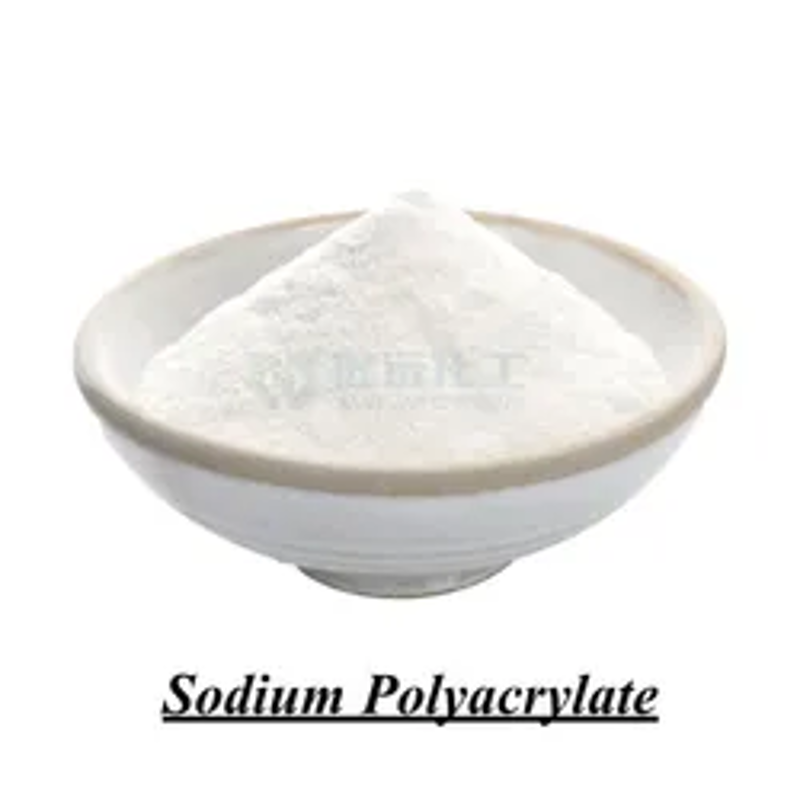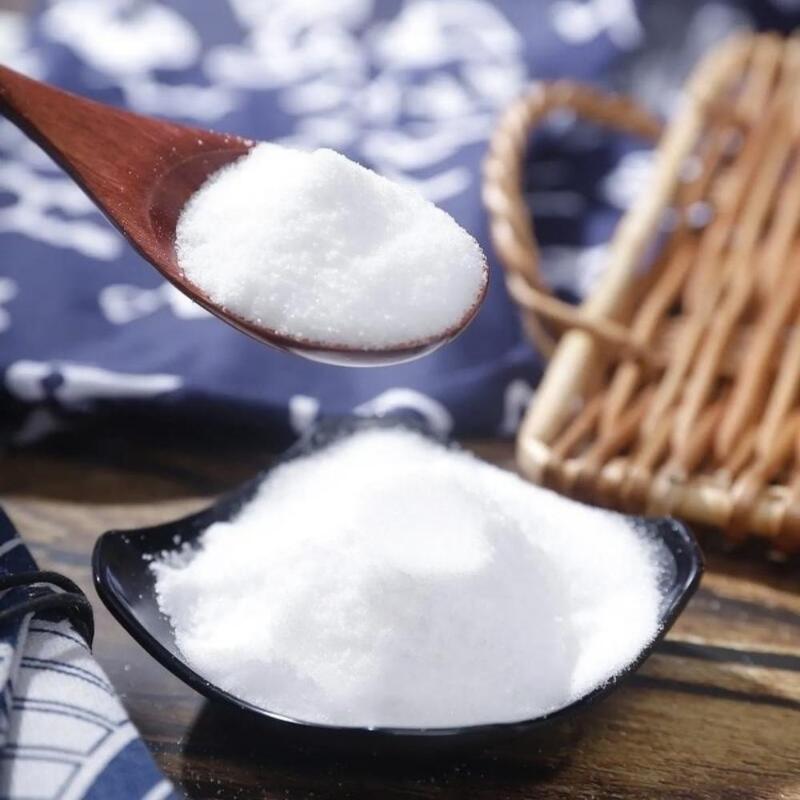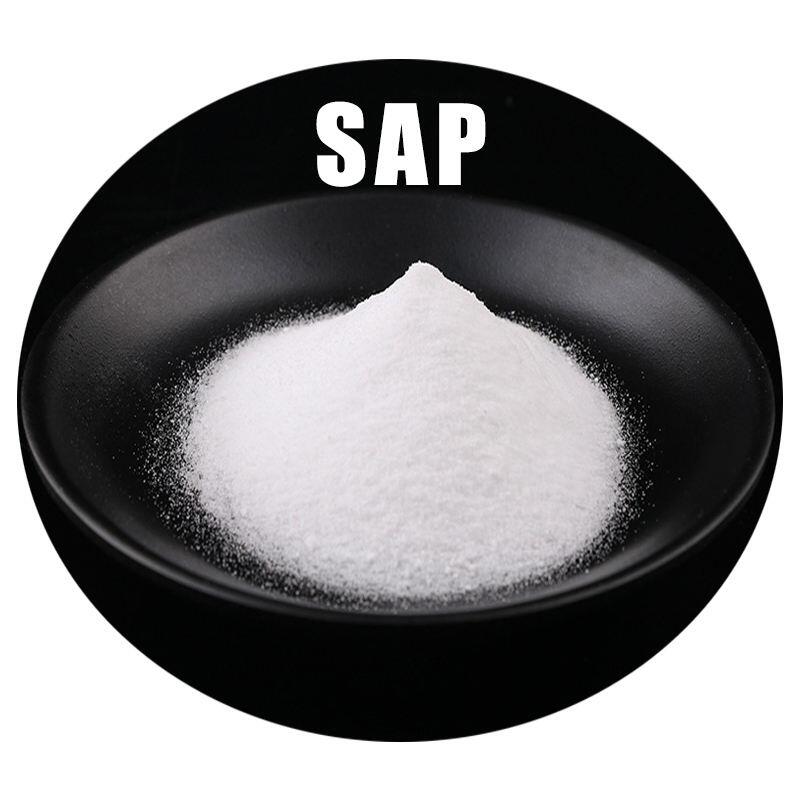-
Categories
-
Pharmaceutical Intermediates
-
Active Pharmaceutical Ingredients
-
Food Additives
- Industrial Coatings
- Agrochemicals
- Dyes and Pigments
- Surfactant
- Flavors and Fragrances
- Chemical Reagents
- Catalyst and Auxiliary
- Natural Products
- Inorganic Chemistry
-
Organic Chemistry
-
Biochemical Engineering
- Analytical Chemistry
-
Cosmetic Ingredient
- Water Treatment Chemical
-
Pharmaceutical Intermediates
Promotion
ECHEMI Mall
Wholesale
Weekly Price
Exhibition
News
-
Trade Service
Starch is a carbohydrate that is synthesized by plants and is widely used in the chemical industry.
It is a natural polymer that is composed of glucose molecules linked by α-glycosidic bonds.
The oxidation of starch is an important process that is used to produce a variety of chemical products, including dextrose, fructose, and glucose.
In this article, we will discuss the synthetic routes of starch and the oxidation process used to produce these chemical products.
Synthetic Routes of Starch
Starch can be synthesized through several different routes in the chemical industry.
The most common method is the enzymatic route, which involves the use of enzymes to hydrolyze the starch molecules into smaller glucose molecules.
This process requires the use of specialized enzymes, such as amylases, that are capable of breaking down the α-glycosidic bonds in the starch molecules.
Another route for the synthesis of starch is the chemical route, which involves the use of chemical reactions to convert glucose molecules into starch.
This process typically involves the use of acid hydrolysis to break down the glucose molecules into smaller units, which are then polymerized to form starch.
Oxidation of Starch
Once the starch has been synthesized, it can be oxidized to produce a variety of chemical products.
The most common oxidation products are dextrose, fructose, and glucose.
The oxidation process involves the removal of hydrogen atoms from the glucose molecules in the starch, which results in the formation of new functional groups on the molecule.
The most common method for oxidizing starch is the enzymatic route, which involves the use of enzymes such as glucose oxidase or pianse.
These enzymes catalyze the oxidation of glucose molecules in the starch, resulting in the formation of dextrose and gluconic acid.
The reaction is typically carried out at a pH of 5-7, and it is often catalyzed by the presence of transition metals, such as copper or iron.
The oxidation of starch can also be carried out using chemical reagents, such as sodium metabisulphite or potassium permanganate.
These reagents are capable of oxidizing the glucose molecules in the starch, resulting in the formation of dextrose and other oxidation products.
Uses of Oxidized Starch
The oxidized starch products, such as dextrose and fructose, are widely used in the chemical industry for a variety of applications.
One of the most common uses is as a sweetening agent in food products.
These products are also used as starting materials for the production of a variety of chemical products, such as polyols, which are used in the production of polyurethanes and other plastics.
In conclusion, starch is a widely used carbohydrate in the chemical industry, and its oxidation is an important process for the production of a variety of chemical products.
The synthetic routes of starch include the enzymatic and chemical routes, and the oxidation process can be carried out using enzymes or chemical reagents.
The oxidized starch products are widely used in the food and chemical industries for a variety of applications.







